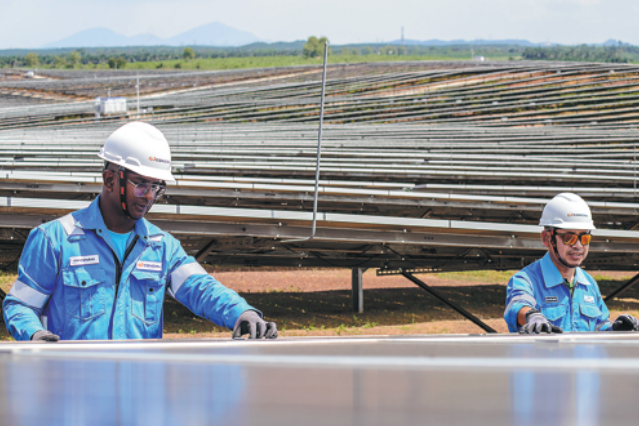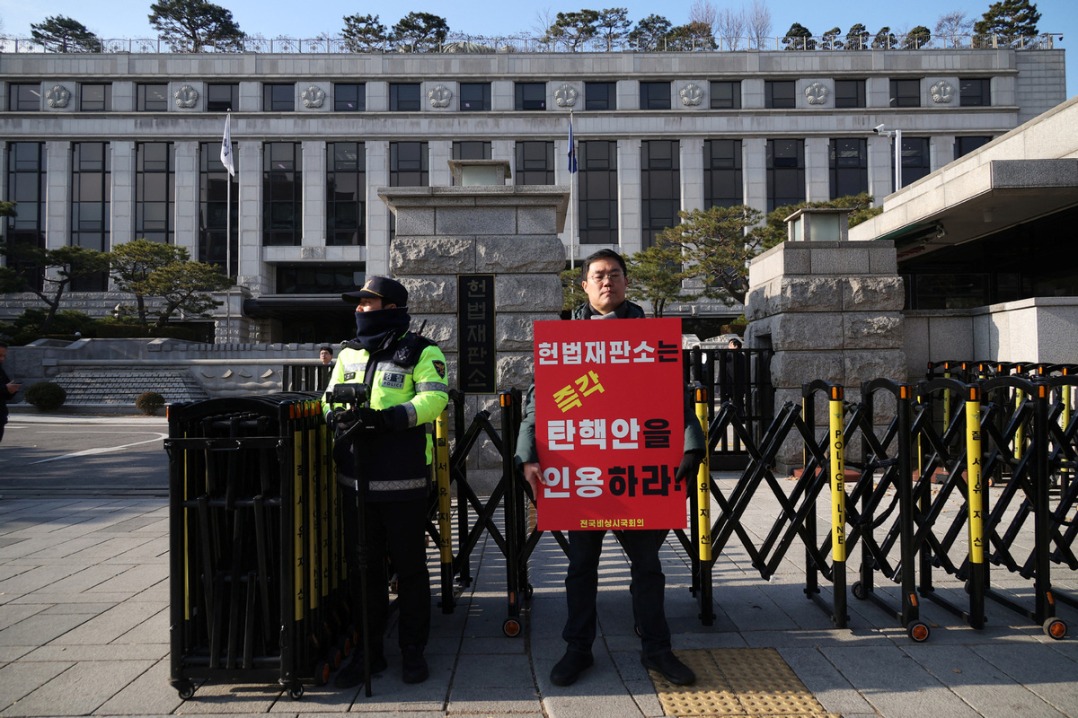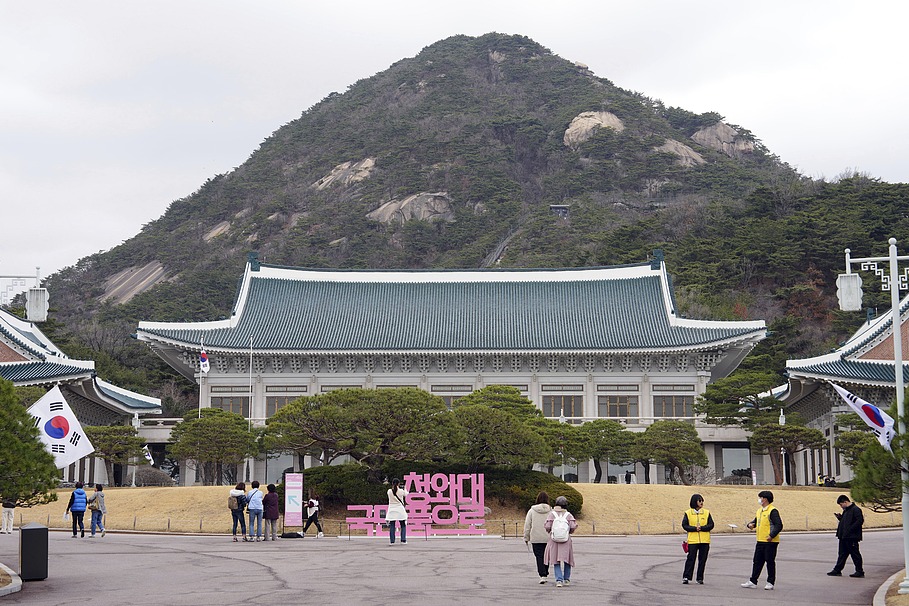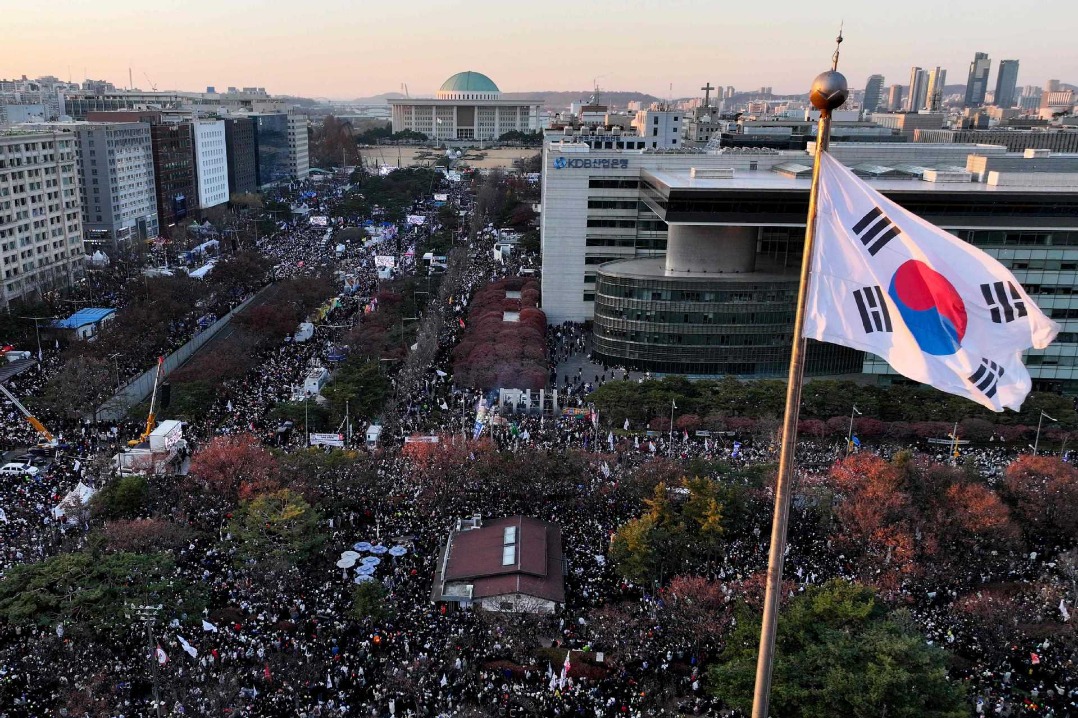Inclusivity, sustainability to help steer ASEAN in 2025

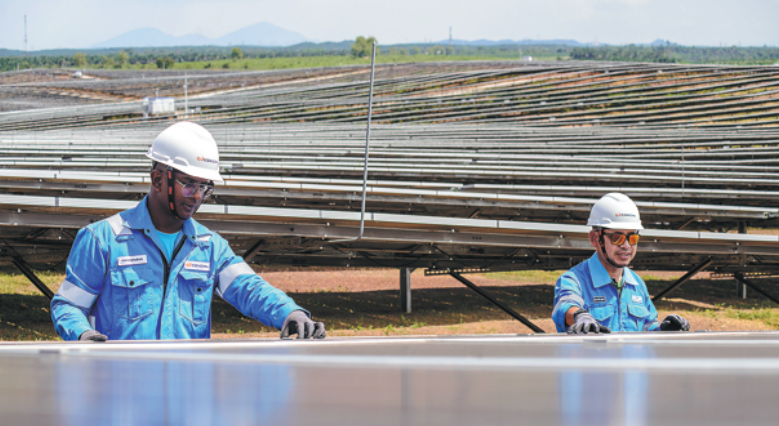
Malaysia is starting the year 2025 by formally assuming the chairmanship of the Association of Southeast Asian Nations. It is expected to uphold ASEAN's long-held policy of nonalignment and promote more equitable development amid global challenges, including geopolitical tensions and climate change.
Malaysia has chosen "Inclusivity and Sustainability" as the theme of its ASEAN chairmanship. The country's Investment, Trade and Industry Minister Tengku Zafrul Aziz said that the two values represent the urgent needs of ASEAN.
"If Southeast Asia cannot become more inclusive and sustainable, other achievements such as economic prosperity and tech innovation may prove to be empty wins," Zafrul said via his social media account.
Analysts said that as the rotating chair of the regional bloc, Malaysia needs to steer ASEAN as it navigates through internal and external headwinds. For example, ASEAN has yet to implement the five-point consensus to peacefully resolve the protracted crisis in Myanmar.
The regional bloc is also striving to improve relations with both China and the United States, recognizing that they are both their major trade and security partners.
Mustafa Izzuddin, senior international affairs analyst with policy and business consultancy Solaris Strategies Singapore, said Malaysia's role is to ensure ASEAN centrality and maintain the ASEAN way of deepening cooperation and countering conflicts.
Abdul Majid Ahmad Khan, president of the Malaysia-China Friendship Association and former Malaysian ambassador to China, said ASEAN members will be expecting some progress on the five-point consensus regarding situations in Myanmar, with other areas of cooperation not only among its members but its dialogue partners as well, including China, the European Union, Japan and the US.
Julia Roknifard, a Kuala Lumpur-based geopolitical analyst, said responding and planning for major power dynamics and engaging with middle powers and other regions are key to maintaining ASEAN's neutrality and relevance amid global tensions.
Yazrin Syakhairi Mahlan, trade commissioner and consul at the Malaysia External Trade Development Corporation, or Matrade, in Hong Kong, said Malaysia is keen to foster the "culture of consensus" among member nations by encouraging regional dialogues and to push for deeper economic integration in the region as the association marks the 10th anniversary of the ASEAN Economic Community, or AEC.
The AEC, established in 2015, aims to develop ASEAN into a single market and product base, as a highly competitive region with equitable economic development that is fully integrated into the global economy.
Roknifard said ASEAN is projected to become the world's fourth-largest economy by 2030, thanks to increased inflow of foreign direct investment, new technology adoption and the rise of the digital economy. However, she said that supply chain disruption and the fragmentation of the global economy due to geopolitical conflicts are threatening ASEAN's growth.
"ASEAN's ability to integrate the region through stability and infrastructure connectivity will be crucial as the grouping navigates these times," Roknifard said.
She said the much-awaited version 3.0 of the ASEAN-China Free Trade Area, or ACFTA, "will be the single most consequential economic development for China-ASEAN economic cooperation".
ACFTA, initiated in 2002, is ASEAN's first free trade area of its kind with an external dialogue partner. ACFTA 3.0 is expected to deepen commitments in areas such as customs procedures and trade facilitation, digital and green economies, and supply chain connectivity.
Roknifard said that China can help develop ASEAN through technology sharing, and educational and people-to-people exchanges, with ASEAN's economic rise also benefiting China. At the same time, ASEAN will pragmatically seek to work with countries from outside the region as it seeks greater cooperation with the Global South.
Abdul Majid, the former diplomat, said the need for more inclusive growth is crucial in ASEAN where there is uneven development among its member countries.
ASEAN members include Singapore, which has a GDP per capita of nearly $85,000; and Laos, a lower-middle-income economy with a GDP per capita of over $2,000.
He said the transition to a low-carbon economy would also be a key issue in next year's ASEAN Summit, as ASEAN member countries are signatories to the Paris Agreement.
Yazrin of Matrade said ASEAN's economic growth also needs to consider environmental sustainability and climate action. As the rotating chair of ASEAN, Yazrin said Malaysia is hoping to push for stronger collective action on climate change among the member countries.
















